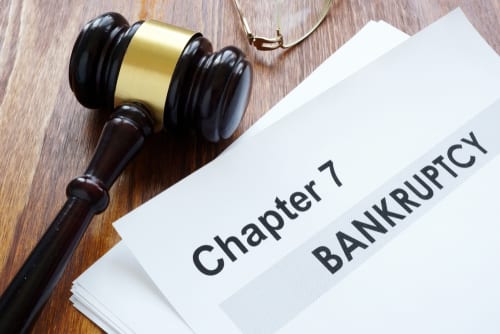Expungement


Determining eligibility to expunge a criminal record can be hard to do without the help of an experienced criminal defense attorney. The law in Michigan has changed several times over the years in this area, and the criteria that must be met to expunge a criminal record is very specific. An expungement is only possible when all the requisite criteria is met. It is highly advised that you have the benefit of a criminal defense attorney that is fluent in expungement prepare the expungement petition and handle your expungement from beginning to end. One error on an expungement petition can be fatal to your request to expunge and can make an already difficult process even more difficult.
So, how do you know if your eligible for an expungement? The current Michigan law only allows for expungement of non-traffic, non-drinking related convictions and provides only extremely limited allowances for certain and only specific sex-crimes. The conviction must have been entered at least five-years ago. Additionally, you will only be eligible to petition the Court for an expungement if you have no more than one felony and no more than two misdemeanors on either your public and/or your nonpublic record. Any convictions that were sealed under a HYTA, 7411, or other plea arrangements that constituted a delayed sentence or a deferral after probation can be used to count against your petition and in determining your eligibility under the expungement statute. MCL 780.621.
While crossing your Ts and dotting your Is on an expungement petition is critical, expungement is a step-by-step process. Talk with an experienced criminal defense attorney first to review your preliminary criminal history. If it appears you are eligible under the current statute to file an Application to Set Aside a Conviction, the next step in the process is to collect multiple documents that are required to be filed alongside your Petition. Documents you can expect to have in order for your Petition to be accepted by the Court are:
1.) A certified copy of your conviction;
2.) A certified copy of your order for probation;
3.) The register of actions in your case;
4.) A copy of your discharge from probation; and,
5.) A copy of your fingerprints.
Your criminal defense attorney will need to compile all of these documents and you’re your application after careful inspection that all of the criteria under the statute have been met. Having a few reference letters and providing your criminal defense attorney with a summary of all the positive changes you have made since your conviction was entered will be useful for your expungement hearing.
You may be eager to have your conviction expunged as quickly as possible. However, you can expect to wait several months after your criminal defense attorney files your petition to have your case heard. Properly serving all the interested parties is another step in this process that must be handled with care. Failing to properly serve each entity with an interest in your case can result in delay and/or denial. Additionally, time must be preserved for all the parties to respond as to whether they will be taking a position in your request.
Once it is time for your hearing it is imperative to be sure that all the subsequent required documentation is prepared ahead of time and ready to be entered by the Court. Your final Order granting the expungement of your criminal record must be presented at the time of your hearing to ensure that processing is done accurately and timely. Expect to wait at least 30 days before you see the change reflected on your official criminal record.
If you need help navigating the expungement process, give us a call and speak to our experienced criminal law attorney to start your expungement today!
By Maria Panchenko
226








